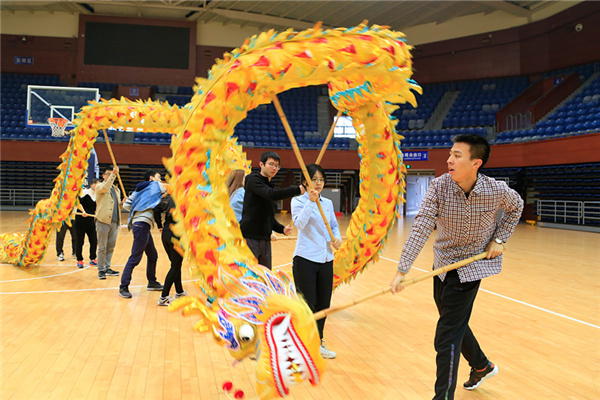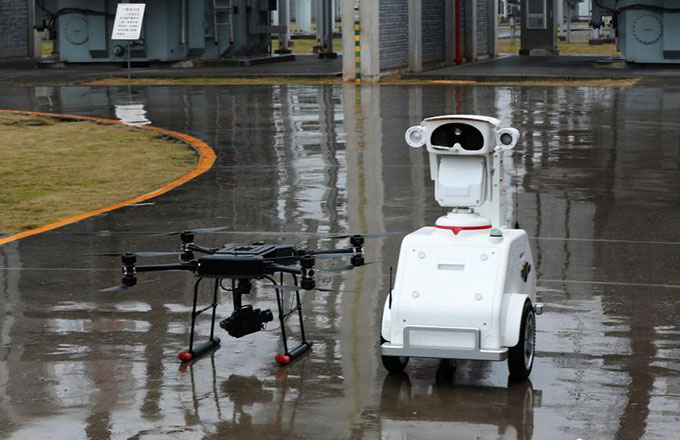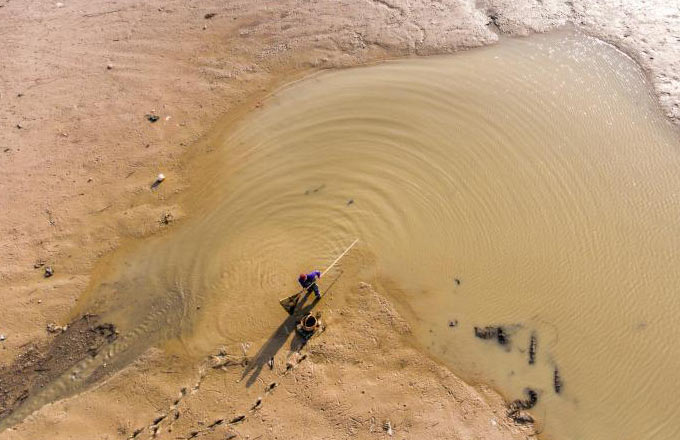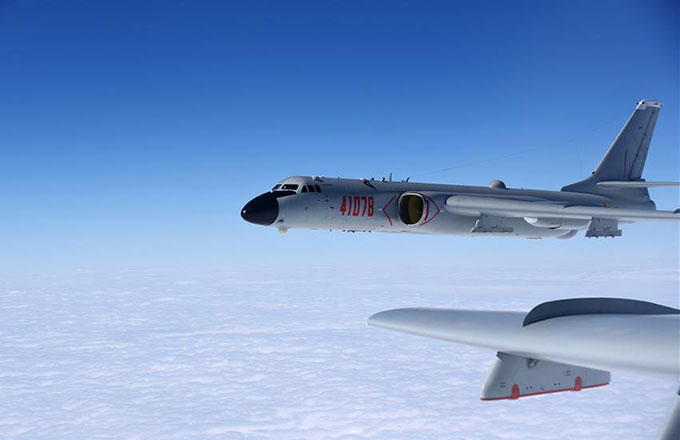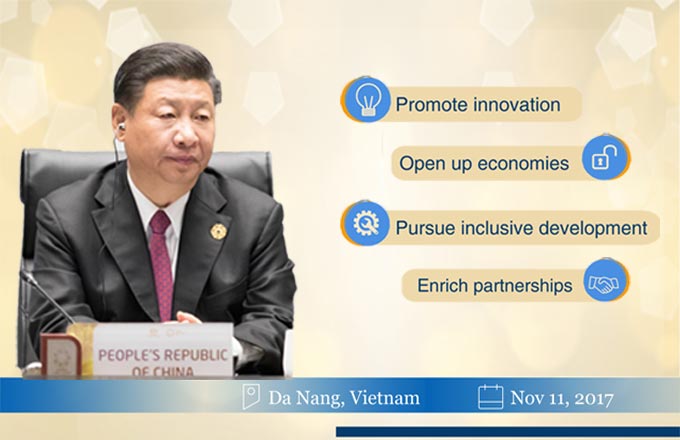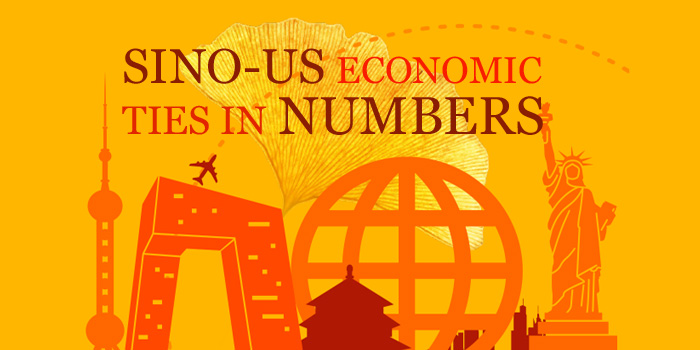Premier's Philippines visit to promote cooperation with ASEAN neighbors
CHINESE WISDOM FOR REGIONAL DEVELOPMENT
This is Li's first overseas trip following the 19th National Congress of the Communist Party of China (CPC) in October.
He will give a briefing on the spirit of the congress, China's major country diplomacy in the new era, and China's policy and stance on East Asian cooperation, Assistant Foreign Minister Chen Xiaodong said at a press conference ahead of the visit.
Li will also propose nearly 30 new initiatives to deepen practical cooperation on interconnectivity, food security, poverty reduction, tourism and anti-corruption, Chen added.
These proposals promote the alignment of the Belt and Road Initiative with ASEAN's development strategies. ASEAN members are looking forward to participating in the initiative, which comprises a Silk Road Economic Belt and a 21st-Century Maritime Silk Road, to expand the scope and dimension of bilateral cooperation.
A Malaysian government report released last month said the Belt and Road Initiative will enhance ASEAN's integration and connectivity strategies and bring about mutual benefits for all participating countries.
Li will also attend the leaders' meeting on Regional Comprehensive Economic Partnership (RCEP), a free trade pact involving the 10 ASEAN members and six other countries -- China, India, Japan, South Korea, Australia and New Zealand.
The 16 RCEP participating countries account for almost half of the world's population, and contribute over a quarter of its exports and some 30 percent of global gross domestic product (GDP).
Given the setback to negotiations on the Trans-Pacific Partnership and other regional free trade deals, more and more countries are looking at the RCEP, Zhai Kun, a professor of international relations with Peking University, said.
China is promoting the RCEP, which shows its resolve to promote regional cooperation in East Asia, Zhai added.
"GOLDEN ERA" OF BILATERAL RELATIONS
Li's visit to the Philippines is the first by a Chinese premier in a decade. The Philippines is China's friendly neighbor and an important partner, yet bilateral relations were once overshadowed by a South China Sea arbitration dispute initiated by the previous Philippine government.
In October last year, the new Philippine President Rodrigo Duterte paid a visit to China, putting bilateral ties back on track. The two countries have since enjoyed frequent high-level exchanges and closer economic and trade ties.
China is now the Philippines' largest trading partner. In the first seven months of 2017, bilateral trade reached 27.86 billion U.S. dollars,an increase of 7.6 percent year on year, according to Zhao Jianhua, Chinese ambassador to the Philippines.
The two nations have ushered in a "golden era" of bilateral relations, Zhao said.
During his visit, Li will hold talks with Duterte and exchange views on regional and international issues of common concern. The two sides are expected to sign cooperation documents on infrastructure, industrial zones and assistance to the Philippines to promote bilateral comprehensive cooperation.
The visit is expected to "advance bilateral ties in a new era and promote building a new type of international relations as well as a community of shared future for mankind," Assistant Foreign Minister Chen said.






